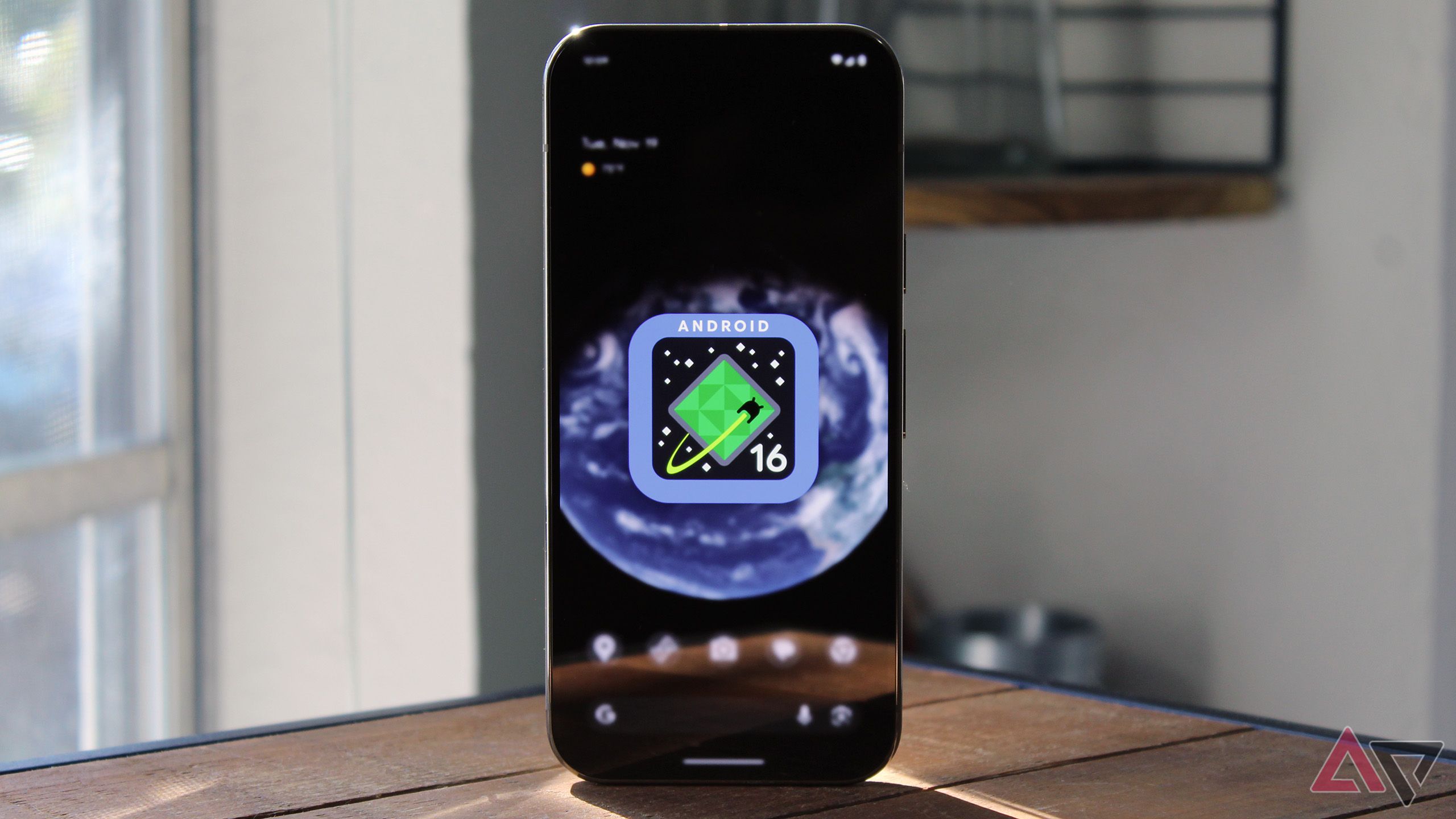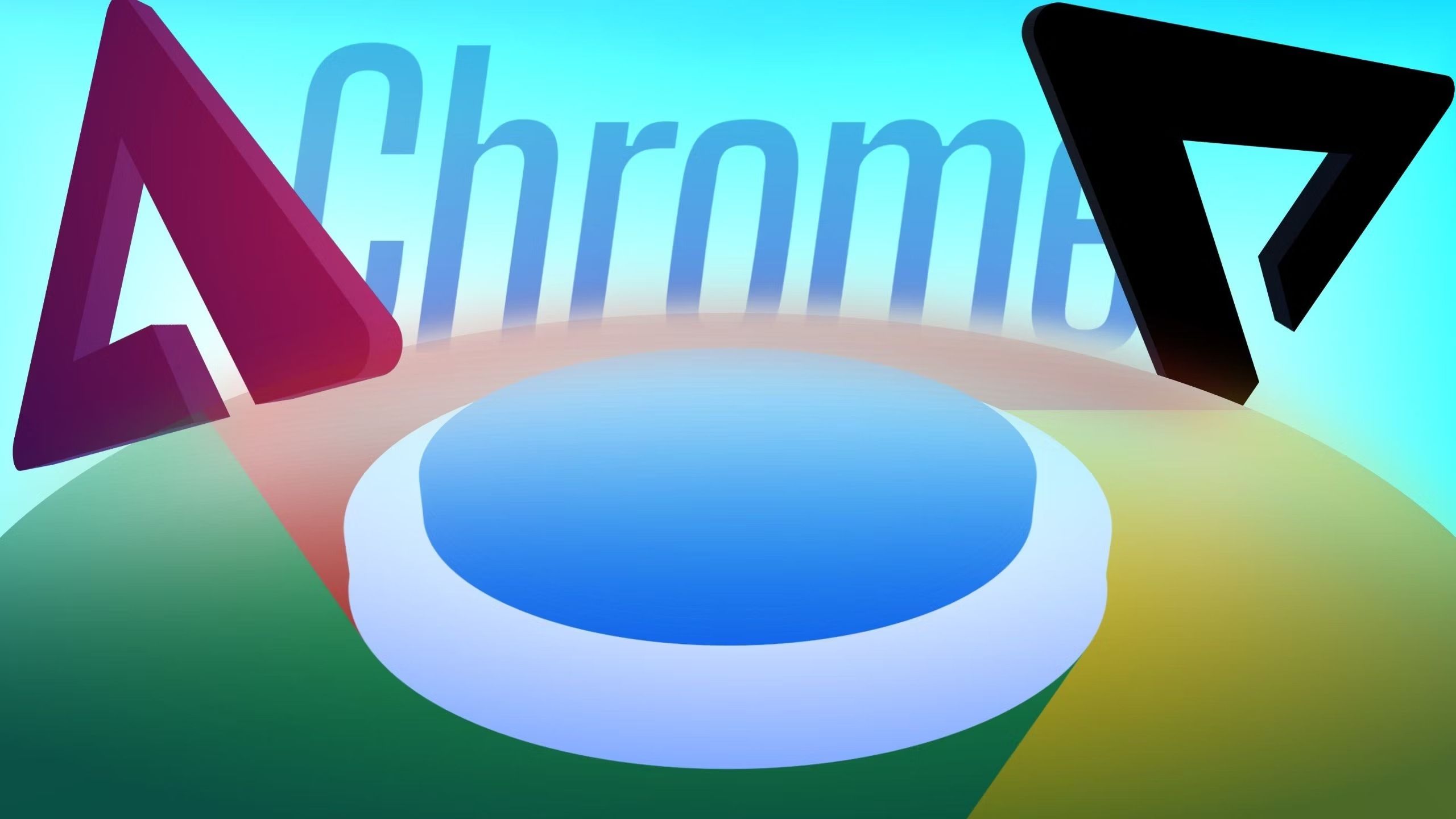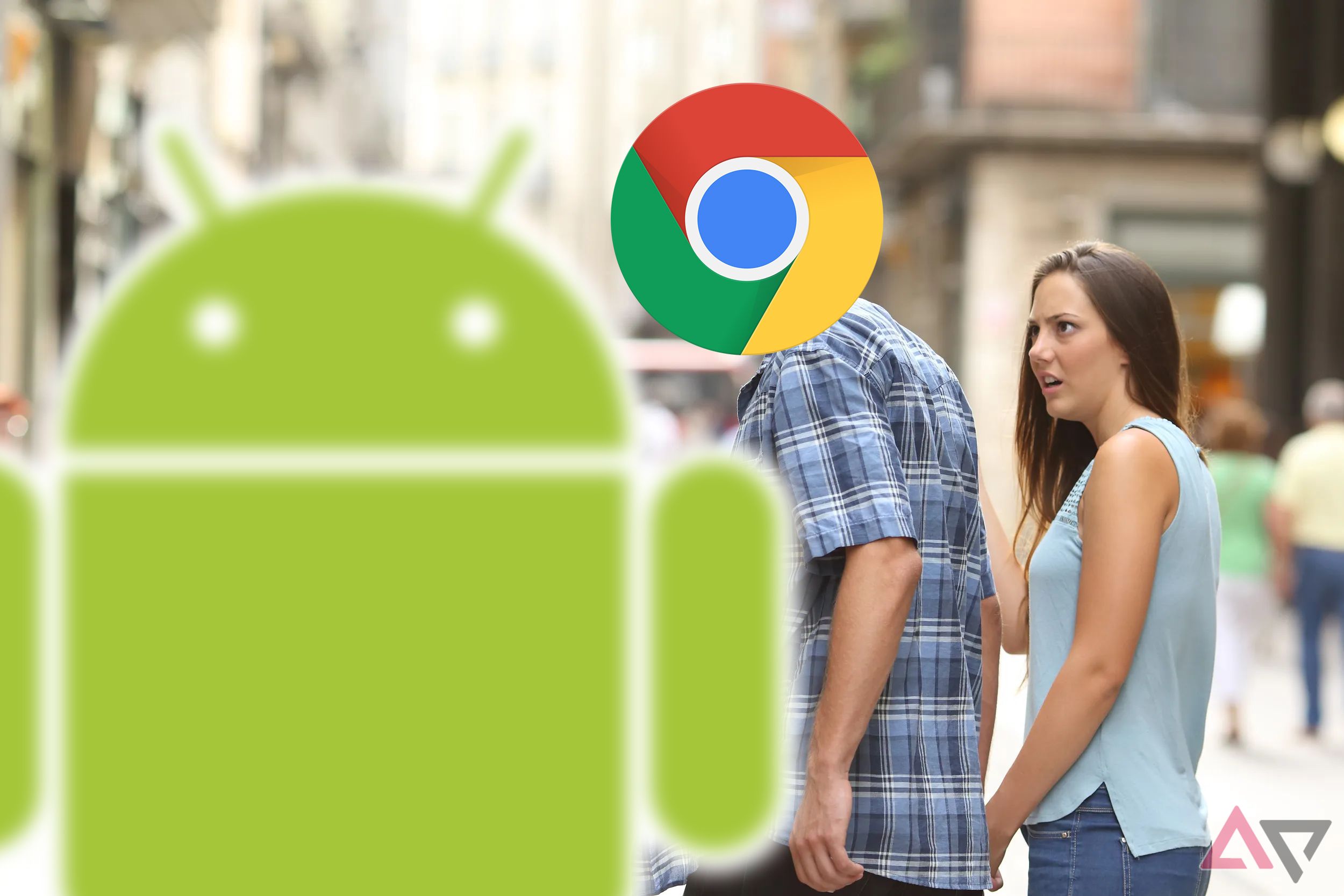Well, that was an exciting week. First, we heard that Google could move from ChromeOS to Android for its laptop offerings, then hours later, Chrome showed up in the news again, as the DOJ recommended forcing Google to sell the browser. Meanwhile, Android 16 dropped a full three months early, even before we could get used to saying “Android 15.” Plus, the Pixel Tablet looks like it might be on its way to the Google graveyard, and in the midst of all the chaos, ChatGPT popped in to make sure we remembered there’s a new AI overlord in town.

Last Week’s Roundup
The T-Mobile app dies a slow and painful death in this week’s news
Plus fresh Galaxy rumors and fast Google updates
Android 16 isn’t just a DBZ character anymore
Google’s next update is well ahead of schedule
We’ve officially entered Google’s Dragon Ball Z phase, as the next five or so Android versions will share a name with Dr. Gero’s various mercenaries. We saw it coming for years, but we weren’t expecting to be vying for SEO positioning with sites like Kanzenshuu before February 2025 — until Google surprised us all with its ridiculously sped-up Android 16 release timeline.
On Tuesday, the first developer preview build of Android 16 dropped, offering OEMs and app creators (and gutsy Pixel fans) a chance to test the new version ahead of a public beta release. Interestingly, the Pixel 6 — a phone we thought was deprecated — also got the update, signaling that Google may support the device beyond its 3-year OS promise.
This being a developer preview, there aren’t many user-facing changes, but that didn’t stop AOSP expert and AP contributor Mishaal Rahman from unearthing a few golden nuggets. For one, the embedded photo picker that had so far been underutilized now makes it easier for apps to use the feature. And Android’s Health Connect API is adding support for medical records, deepening the data that fitness apps can tap into — if you so choose, of course.

Main Story
The first Android 16 developer preview just landed: Here’s what you need to know
Google is serious about its new release schedule
The DOJ topples Google’s Chrome crown
And Android could be next
In August, the US Department of Justice determined that Google is a monopolist thanks to its stranglehold on internet search. A final ruling isn’t expected until next year, but this week, the DOJ issued its recommendation to the court overseeing this case: Google would have to sell Chrome to end its monopoly. Major changes to Android were also proposed, and if Google doesn’t think it can make those, the DOJ suggests it might also have to sell the mobile OS.
These changes aren’t formalized, and the DOJ has until March 7, 2025, to issue its final recommendation. Google will get a chance to issue a rebuttal, after which, the presiding judge will deliberate and decide Chrome’s fate.
ChatGPT smells blood in Google’s waters
Going in for the kill with a multipronged attack
Google may have a monopoly on search, but it’s no longer the undisputed king of AI — indeed, that title may belong to OpenAI and ChatGPT at the moment. We had already seen the company go after Google Search with its own alternative, but this week, we heard that OpenAI could soon debut a ChatGPT-powered browser to take on Google Chrome. As if that weren’t bad enough for Google’s prospects, OpenAI was said to be talking to Samsung about replacing Gemini with ChatGPT as the backbone of Galaxy AI.
Android on laptops could be Google’s saving grace
RIP ChromeOS?
With the context of Google potentially needing to divest itself from Chrome, the news that came hours before that seemed a lot less far-fetched: In a report for Android Authority, Mishaal Rahman revealed that Google could soon replace ChromeOS with Android as its laptop OS in an effort to challenge Apple’s MacBooks.
This news came immediately after a separate report that said Google is working on a Pixel-branded laptop, which Rahman now believes would be among the first of its kind to run Android in this new initiative. As for the theory that Google saw the writing on the wall with the DOJ forcing it to sell Chrome and pivoted to Android, Rahman says there’s no relation between the two bits of news, but it’s certainly hard to ignore the coincidental timing.
It might be a while before we see a Pixel Tablet 2, if we ever do
Who on earth would have seen this mess coming?
Google teased the first Pixel Tablet at I/O 2022, but it didn’t hit shelves for another 13 months, so the company has never really been in a hurry with this particular product. And when a sequel had still not shown up over 16 months after the first iteration, we figured Google was just dragging its feet — but apparently, it may have tripped and fallen.
Early in the week, we heard Google was canceling its plans for a Pixel Tablet 3, but we weren’t sure how this might impact a potential Pixel Tablet 2 release. The next day, a separate report clarified that the canceled product was more likely the Pixel Tablet 2, and that Google’s plans for a 2025 tablet release had unraveled. A separate device may still be in the pipeline for 2027, which was initially planned to be the Pixel Tablet 3, but with the 2025 device’s cancelation, it would have to be the Pixel Tablet 2.
Things are obviously a mess in Google’s tablet town right now, so it’s probably best to wait for the dust to settle before jumping to conclusions. But if Android is indeed coming to laptops, there would be some overlap with a Pixel Tablet that might cannibalize sales, so it’s starting to look like this might be the next product headed to Google’s infamous graveyard.

Main Story
The Pixel Tablet 2’s cancelation fiasco proves Google’s lack of commitment
Why isn’t this idea a slam dunk?







